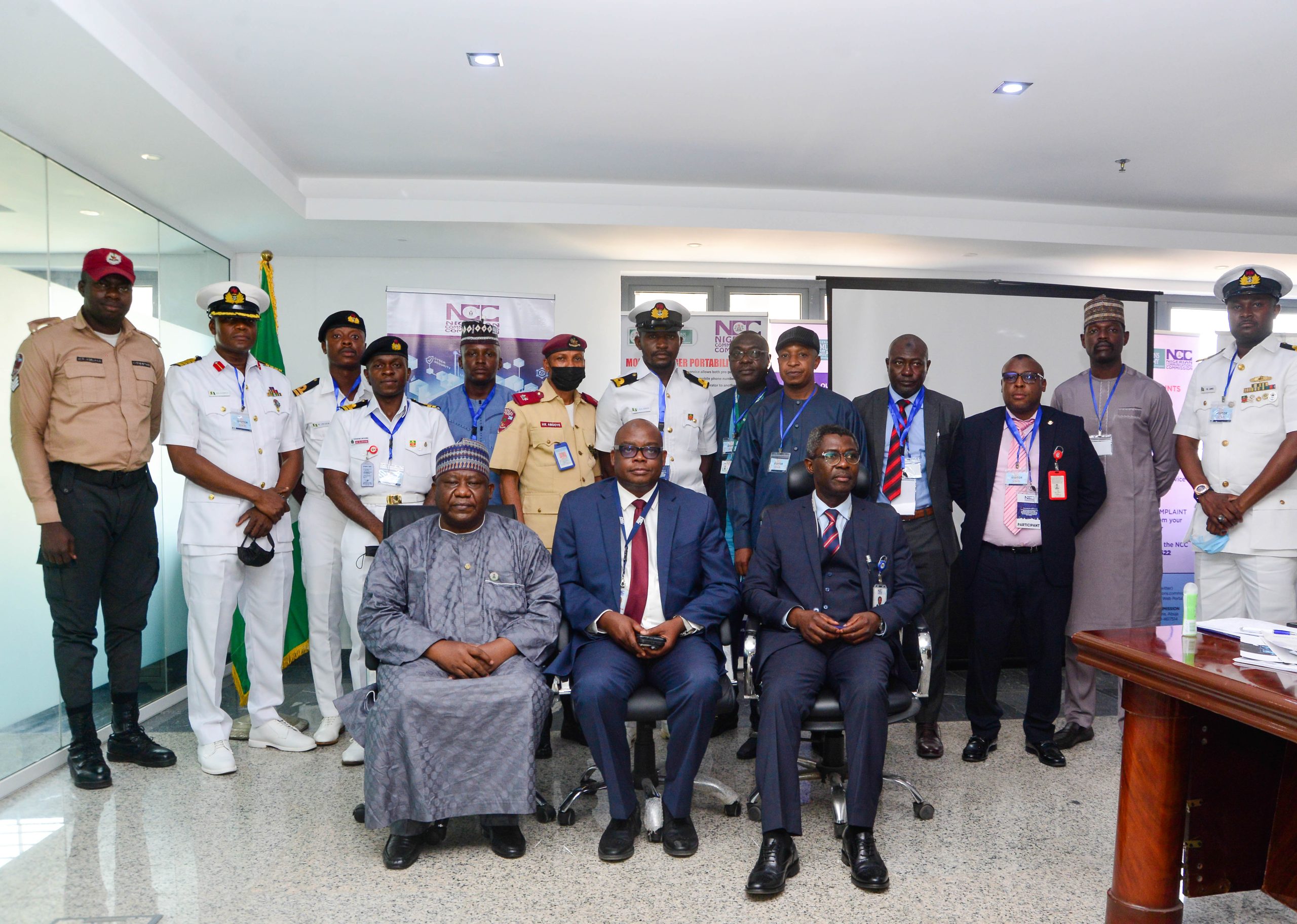Towards enriching and consolidating reform efforts of the Federal Government and by extension States Government, the Bureau of Public Service Reforms (BPSR) in collaboration with Nigerian Communications Commission (NCC) organises a 1-day workshop on Distributed Ledger Technologies otherwise known as Blockchain Ecosystems. The workshop is a preconference activity towards a main conference with a theme Decentralisation and Adoption Method as Growth Plan for the Telecoms Sector- Development of Bold Blockchain Strategy in Nigeria.
The Conference, which among others is aimed at addressing the philosophy behind Distributed Ledger Technologies (DLT) will be preceded by a workshop designed to further articulate the main thematic area covering a technical overview, Blockchain, consensus algorithms, smart contract and centralized applications (dApp). In addition, it will provide participants with insight into DLT ecosystems application and use cases including DLT Application to Crypto-currencies and their tools as well as issues around DLT policy, legislation, regulation and security.
The workshop was held on Wednesday, March 23, 2022 at Meeting Room, Nigerian Communications Commission, in Ikoyi, Lagos. The second leg of the workshop is bid to hold on the 20th April, 2022, while the main conference is scheduled for 21st April, 2022 both events will be hosted in Abuja.
In his paper, the Director-General presented Blockchain technology as a structure that stores transactional records, also known as the block, of the public in several databases, known as the “chain,” in a network connected through peer-to-peer nodes. Typically, this storage is referred to as a ‘digital ledger.’
He stated that every transaction in this ledger is authorized by the digital signature of the owner, which authenticates the transaction and safeguards it from tampering. Hence, the information the digital ledger contains is highly secure.
Continuing, he added that the digital ledger is like a Google spreadsheet shared among numerous computers in a network, in which, the transactional records are stored based on actual purchases. The fascinating angle is that anybody can see the data, but they can’t corrupt it.
The Director-General mentioned that the public service require emerging technology like the Blockchain to reform the public service and deliver 24th century service to the citizens in the areas such as in: electoral matters (voting system), Public Procurement (contract management and original equipment manufacturer), national identity management, inter-MDAs processes (reference the Executive Order on ease of doing business and other EOs), Land and property management (Land title and others), Personnel Records, Pension matters. Etc.
He recommended that effort should be made for Public and Private sectors partnership to fuse plans and strategy in the deployment of Blockchain technology.
Participants at the event include personnels from Military, Banking sector, organised labour, IT professionals and academia.


